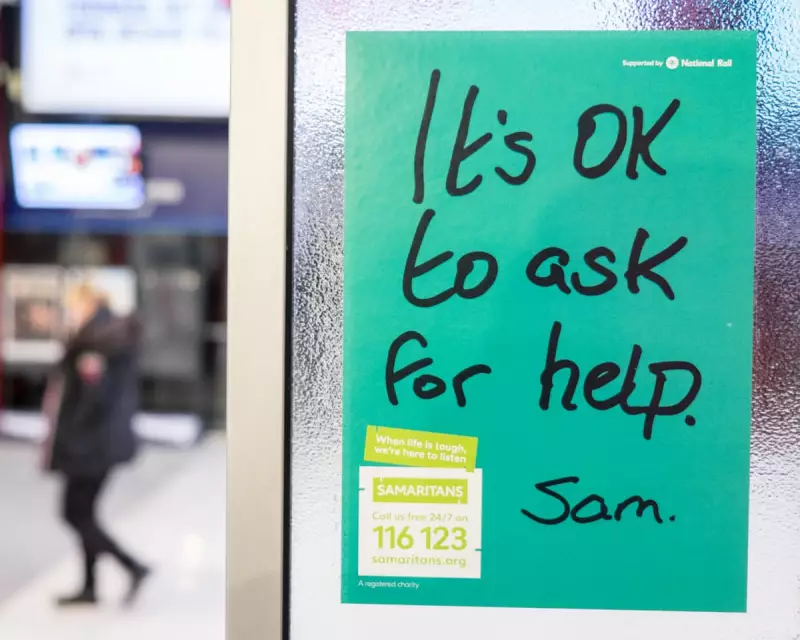
The Samaritans, one of Britain's most trusted mental health charities, is facing unprecedented internal turmoil as volunteers and staff accuse leadership of creating a 'culture of fear' and suppressing opposition to radical branch closure plans.
Charity at Breaking Point
Internal documents and whistleblower accounts reveal deep fractures within the organisation, with long-serving volunteers claiming they've been systematically silenced when raising concerns about proposals that could dismantle the charity's local presence across the UK.
'Toxic Environment' Claims
Multiple sources describe an atmosphere where dissenting voices face intimidation and bullying tactics. One volunteer coordinator with over fifteen years of service told investigators they felt 'emotionally blackmailed' into compliance, while others report being sidelined or excluded from crucial meetings.
The Branch Closure Controversy
At the heart of the conflict lies a contentious restructuring plan that would see numerous local branches consolidated or closed entirely. Critics argue this move threatens the very foundation of Samaritans' community-based support model, potentially leaving vulnerable individuals without accessible help.
Leadership Under Fire
Chief Executive Julie Bentley faces mounting pressure as the charity's 'listening' ethos appears at odds with how internal opposition is being handled. 'There's a shocking disconnect between our public mission and internal practices,' revealed one distressed staff member who requested anonymity.
Volunteer Exodus Feared
The escalating conflict has triggered concerns about mass volunteer resignations at a time when demand for mental health support has never been higher. Many dedicated volunteers who've provided emotional support for decades now find themselves needing support.
The Charity Commission is monitoring the situation closely as the Samaritans grapples with one of the most challenging periods in its 70-year history, raising fundamental questions about governance and culture within Britain's voluntary sector.





